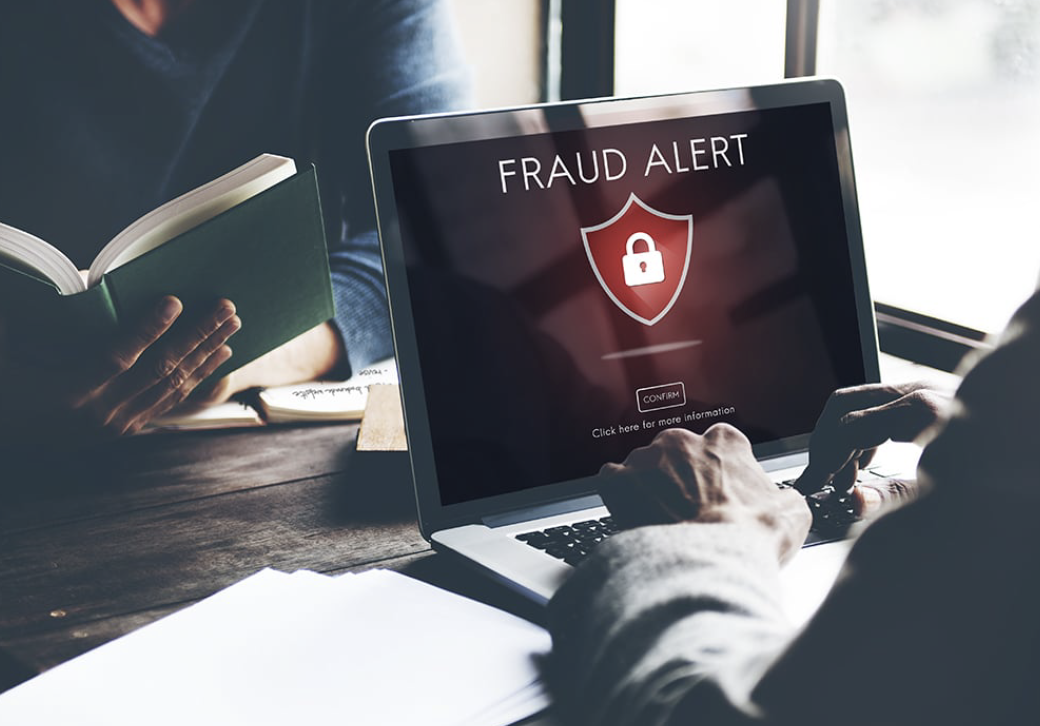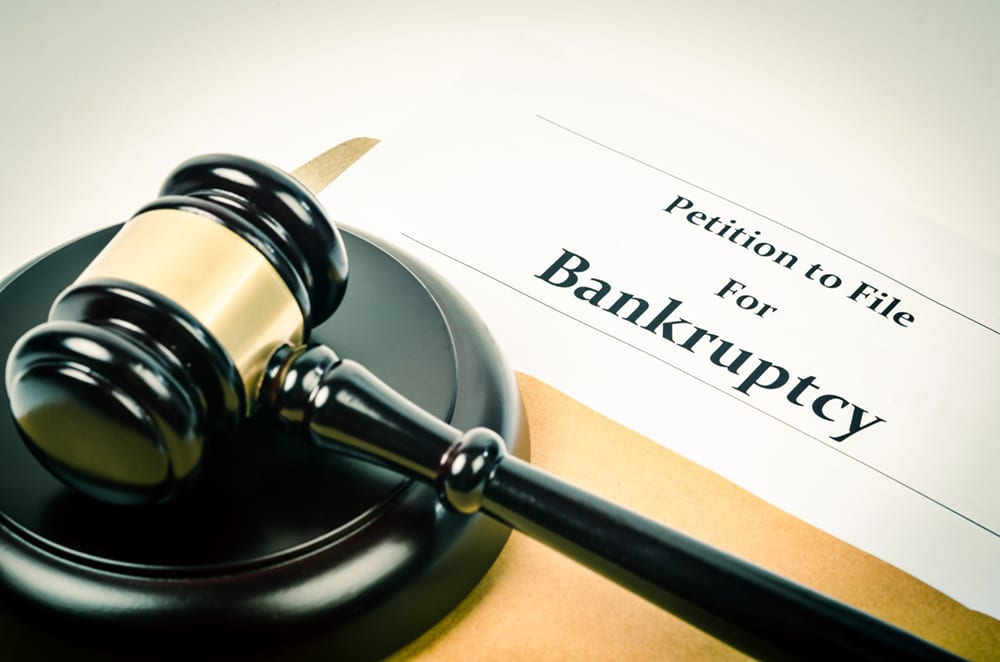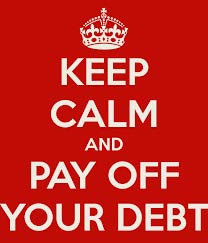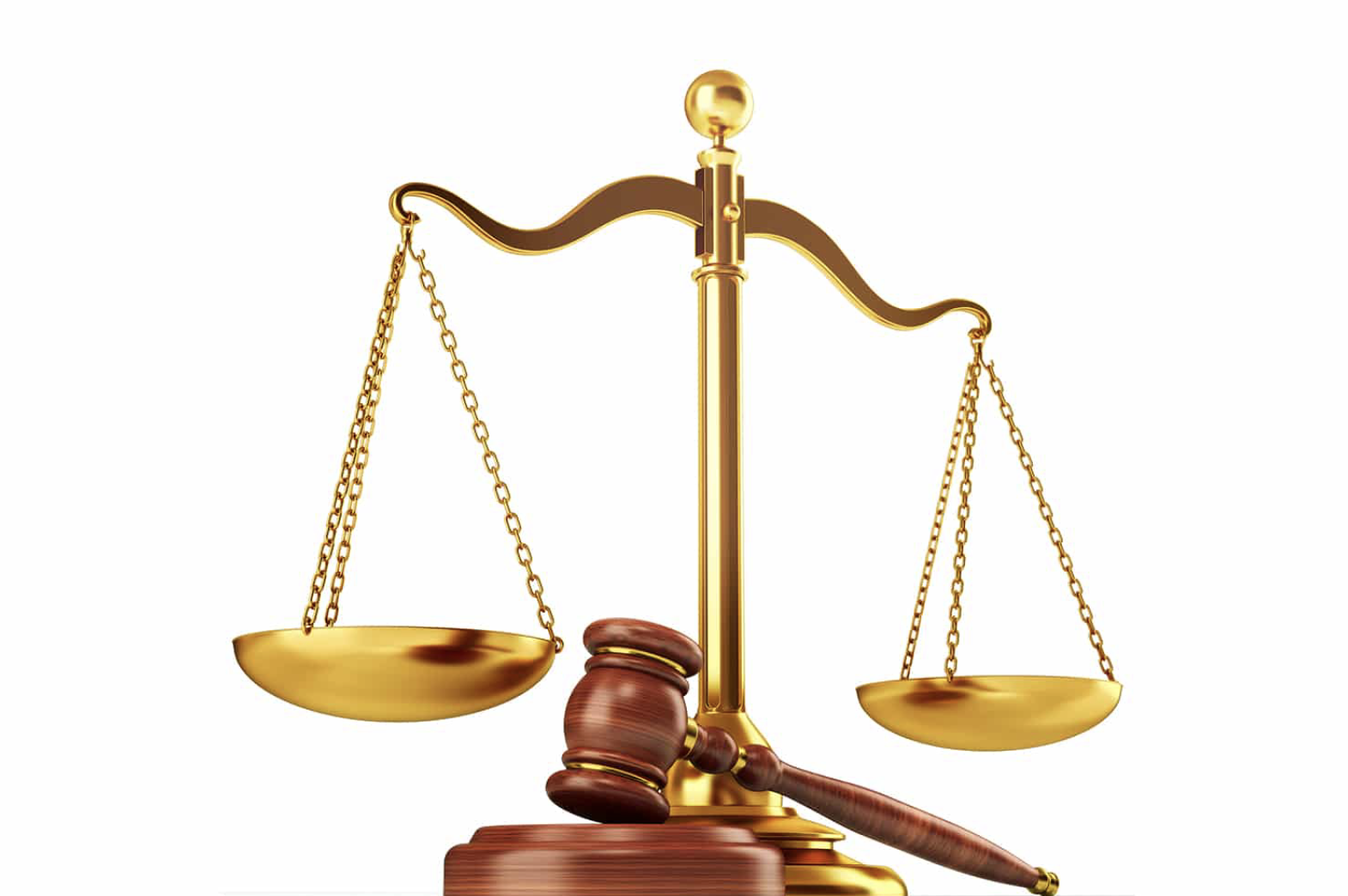If you are considering filing for Chapter 7 bankruptcy you may be wondering what assets you will be able to keep after the fact. Fortunately, our bankruptcy attorneys at Church and Korhonen, PC possess a comprehensive understanding of bankruptcy law in Michigan, and are ready to divulge all the details to you so that you can be informed and prepared for what’s to come.
According to Michigan’s Judicature Act of 1961, Act 236, Section 600.5451: “A debtor in bankruptcy under the bankruptcy code, 11 USC 101 to 1532, may exempt from property of the estate property that is exempt under federal law or, under 11 USC 522(b)(2), the following property:”
Housing
“Homestead” or actual property valued at up to $30,000 for individuals under the age of 65, and $45,000 for individuals who are either disabled or over the age of 65 – this exception can be claimed by spouses or children of deceased owners.
Personal Property
- Apparel (with the exception of furs), family photos, burial plots and all burial rights, necessary health aids prescribed by a medical professional, “provisions and fuel” for at least six months, and “arms and accouterments” required by law.
- Furniture, household appliances and goods, jewelry, books, and more valued at up to $3,000.
- A reliable motorized vehicle valued at no more than $2,775. Pets and computers valued individually at no more than $500.
- Any occupationally necessary tools, resources, or materials valued collectively at $2,000.
- Seats, pews, or slips used in a home or place of worship valued at no more than $500.
- Crops or farm animals and feed valued at up to $2,000.
Financial Assets
- All retirement accounts and annuities, including Roth IRAs, and the payments from said accounts and annuities.
- Money or benefits paid by a stock or mutual health, life, or casualty insurance company.
For more specific information on what assets you can keep in Chapter 7 bankruptcy, including what constitutes as a “homestead” or certain exceptions to the exemptions, you may review the list of official exemptions at the Michigan Legislature. It is worth noting that due to inflation, the Michigan Department of Treasury adjusts the amounts of these exceptions every three years. For the most accurate figures, you can view the annual Economic Reports on the Michigan Department of Treasury’s website at any time.









